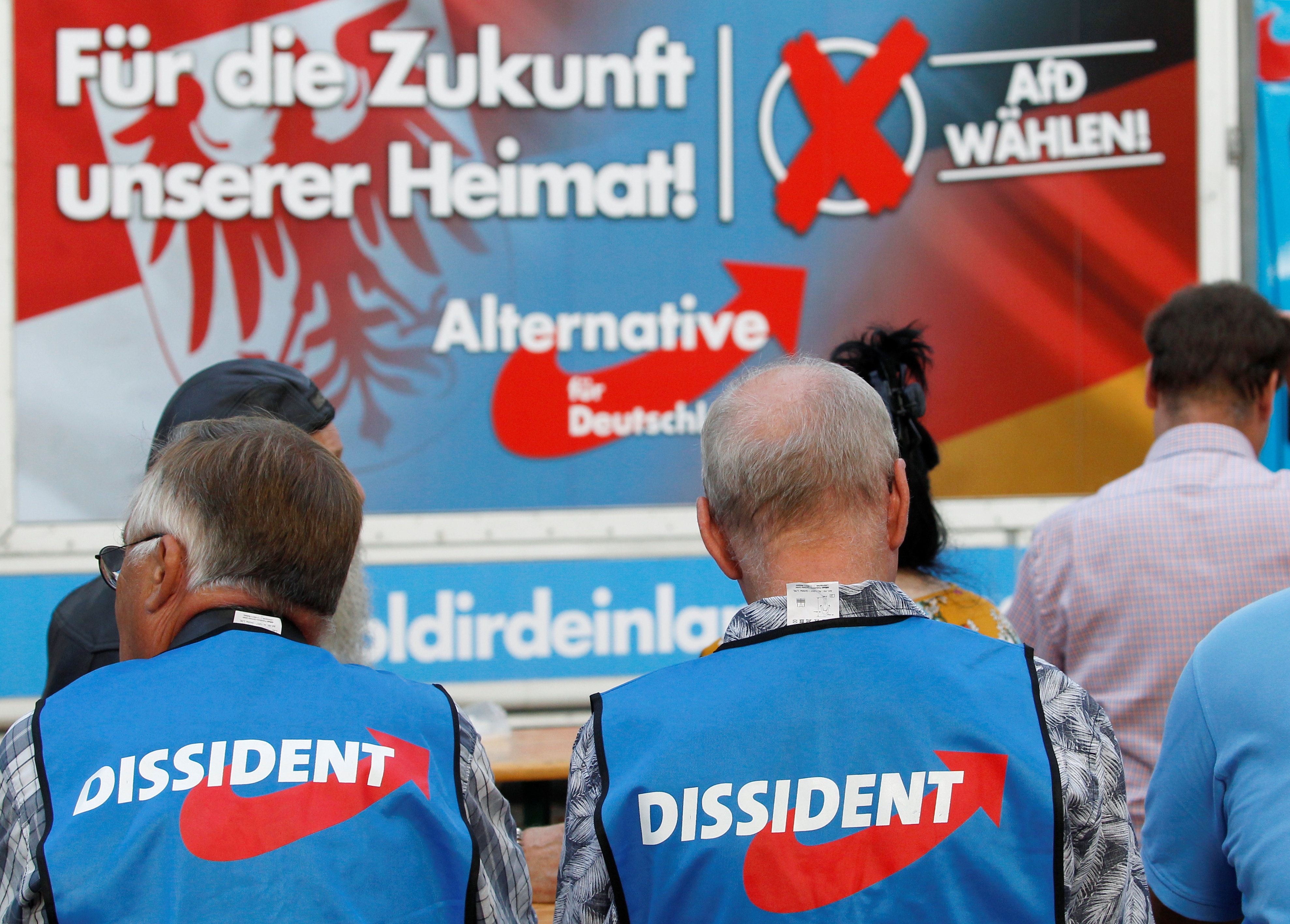What We're Watching: Brexit Drags on, Argentina Clamps down, Germany’s Center Holds
Brexit lurches forward — However tired you are of reading about the long-running-but-never-moving Brexit saga, we here at Signal are equally (if not more) tired of writing about it. But this week will deliver some genuine drama as parliamentary opponents of UK Prime Minister Boris Johnson's no-deal Brexit gambit (a move he hopes will force the EU back to the negotiation table) attempt to pass legislation preventing the country from crashing out of the European Union on October 31. Time is short, as the Boris-backed parliament suspension kicks in next week. Boris has already threatened to call a general election on October 14 should MPs prove successful in passing a bill that forces him to seek an extension from Brussels in the face of no-deal. Even if the legislation doesn't pass, MPs can attempt to trigger elections themselves via a vote of no confidence. To paraphrase another famous Brit, this may be the beginning of the end, or it could be the end of the beginning. We'll be watching this week to see which of the two it is.
Argentina clamps down — Last week, Argentina said it would put off paying back $101 billion in country debt, a move that some (including the ratings agency Standard and Poor's) branded a default on the country's debts. On Sunday, Buenos Aires instituted capital controls to stem the country's worsening economic and financial crisis. While the immediate cause of the economic tumult was the surprise defeat of business-friendly President Mauricio Macri to his populist opponent in primary elections last month, Argentina's problems go deeper: over the past 12 months, more than 3 million people have slipped into poverty. We're watching to see how much worse the situation gets ahead of Argentina's October elections, when investors' fear of a populist assuming looks likely to become a reality.
Germany's battered center holds — The country's mainstream political parties beat back the right-wing Alternative for Germany (AfD) in two state elections in the former East Germany on Sunday, but it wasn't pretty. In Brandenburg, the state that surrounds Berlin, the anti-immigrant AfD came in second to the center-left Social Democrats (SPD) with 23.5 percent of the vote, nearly doubling its showing from 2014. In Saxony, along the Polish border, the AfD almost tripled its vote share to 27.5 percent, around 5 percentage points behind Angela Merkel's center-right Christian Democrats (CDU). While the AfD performed worse than Germany's two long-dominant parties had feared, the result shows the power of AfD's populist message in a region that suffered a massive exodus of young workers after the fall of the Berlin Wall 30 years ago. It will also complicate the process of building governing coalitions in both states. We're watching to see how the "grand coalition" between the CDU and SPD weathers this new, more fractious era in German politics.
